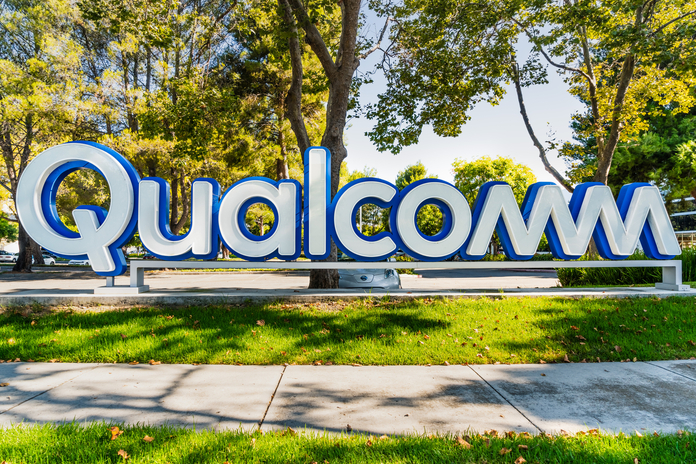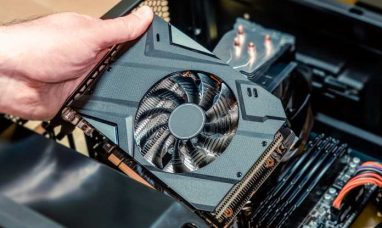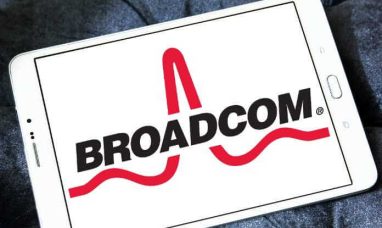People familiar with Qualcomm Inc.‘s intentions say the company is reentering the server processor market in an effort to diversify away from smartphones and capitalize on the rapidly expanding market.
The persons, who asked not to be named since the conversations are private, claim that the corporation is looking for clients for a product that originated from the acquisition of chip startup Nuvia last year. One of the largest purchasers of server chips, Amazon.com Inc.’s AWS division, has agreed to investigate Qualcomm’s products, they claimed.
Both Qualcomm and Amazon representatives declined to comment.
After Bloomberg broke the story, Qualcomm increased as much as 2.9% to $152.91 in New York trading. Through Wednesday, the shares had fallen 19% this year, contributing to a larger decline in semiconductor stocks.
In an effort to make Qualcomm more than just the leading manufacturer of smartphone processors, Chief Executive Officer Cristiano Amon is working to diversify the company’s semiconductor offerings. But under his predecessor, a previous foray into the server industry was shelved four years ago. At the time, the business was attempting to reduce expenses while appeasing investors in order to avoid being hostilely acquired by Broadcom Inc.(NASDAQ:AVGO).
This time, Qualcomm is using Nuvia, which is staffed with chip designers from businesses like Apple Inc. Amon, who bought the company in 2021 for roughly $1.4 billion, has said that its efforts will help Qualcomm’s premium smartphone offerings get back on track. However, Nuvia was established as a technology supplier for the server sector.
According to research firm IDC, the market for cloud computing infrastructure, or the hardware that companies like Amazon, Google, and Microsoft Corp. employ to transport data around the globe, produced $73.9 billion in revenue last year. The increase from 2020 was 8.8%.
A Qualcomm resurgence?
For years, the owners of enormous cloud data centers have used Intel Corp.’s server processor technology. However, they are adopting processors with designs from Arm Ltd., a significant supplier of phone chips to Qualcomm, and based in San Diego.
As a result of their reputation for conserving battery life, Arm designs are already widely used in mobile devices. Power consumption is now a bigger problem in the realm of data centers as well. Companies demand more efficient chips as server farms proliferate and consume astonishing amounts of electricity.
By creating its own chips based on Arm designs, Amazon has responded to this demand. The world’s largest online retailer boasts about the performance of its Graviton processor line, which has through many iterations.
However, Amazon continues to employ processors made by Intel, Advanced Micro Devices Inc., and Nvidia Corp. Qualcomm sees a chance to establish a niche among these manufacturers.
It last made an attempt at this in 2017, when Qualcomm started marketing the Centriq 2400, an Arm-based server CPU. It used Samsung Electronics Co. to make the goods, which it said performed better than Intel’s Xeon processors in terms of cost and energy efficiency. Potential clients like Microsoft spoke on stage during the server chip line’s official debut in November of that year to express their interest in the product.
But less than a year later, the project’s closure was initiated by the company’s management. Anand Chandrasekher, a former Intel executive who had overseen the endeavor, left Qualcomm.
The most recent action by Qualcomm would increase competition in a market that Intel once controlled, according to Qualcomm. After losing market share to AMD and domestically produced chips like those made by Amazon, the corporation has been rushing to improve its technology and manufacturing.
A successful push into server processors would give Qualcomm a far more expensive product to sell. The average cost of the company’s phones is in the tens of dollars. Hundreds of dollars can be spent on a server processor.
Featured Image: Megapixl © Andreistanescu















